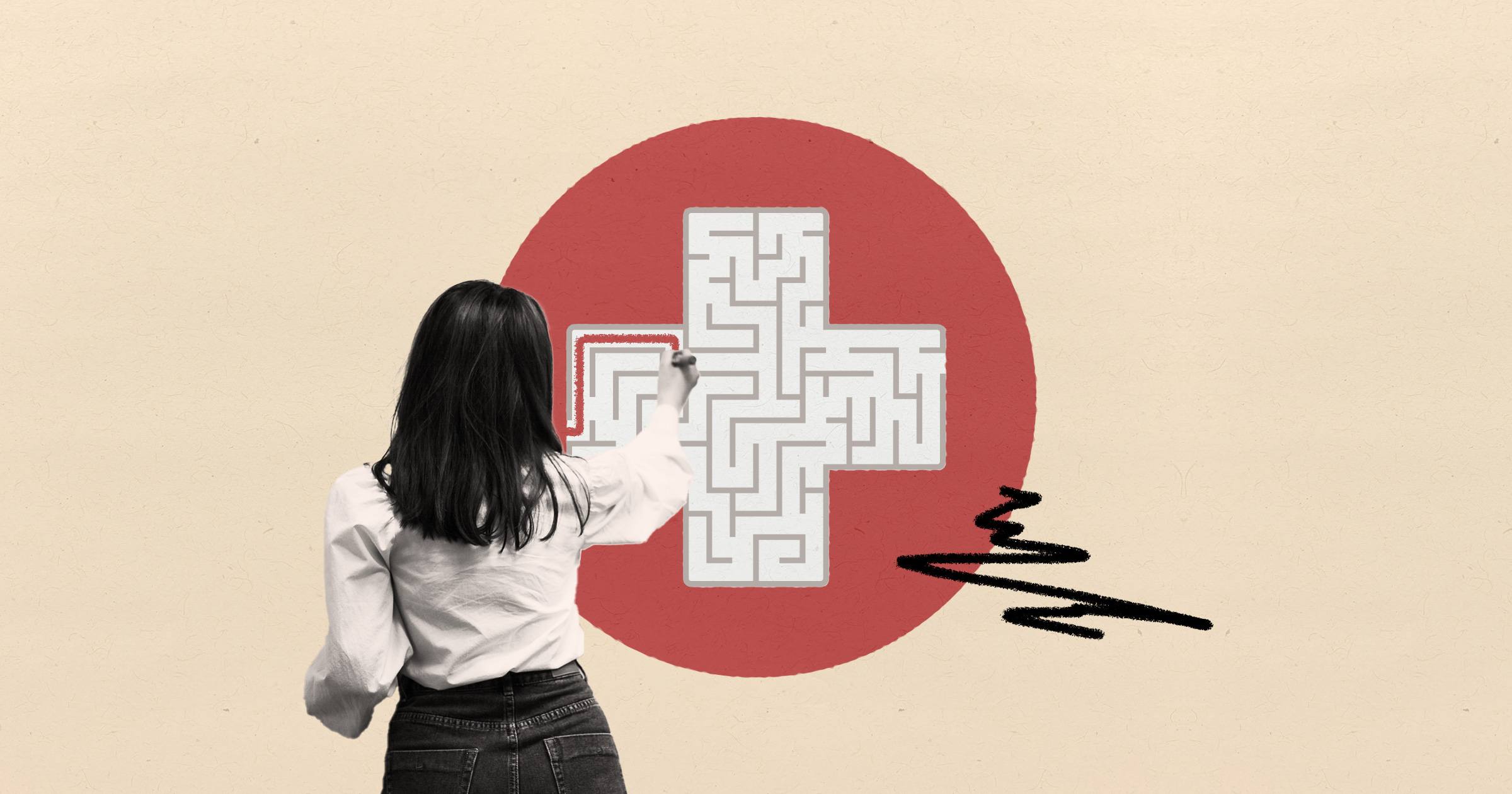We received more than 100 questions from readers about homelessness in San Francisco. One of the most frequent questions: Why is there opposition to California’s CARE Court? Today David Sjostedt, who reports on homelessness for The Standard, lays out the facts.
A new court system designed to compel Californians with mental illness into treatment has gotten a fair share of backlash, including from some groups who advocate for the rights of disabled people.
CARE Court, a program championed by Gov. Gavin Newsom, is expected to start in San Francisco and seven other California cities in October. CARE stands for Community Assistance, Recovery and Empowerment.
Authored by state Sens. Susan Eggman and Thomas Umberg, the legislation creating the court allows families, first responders and medical professionals to refer people with mental illness into the new program, where they will be prescribed a treatment plan and monitored by a judge, a public defender and a case manager.
Newsom’s office has contended that the CARE Court will result in fewer incarcerations or conservatorships—which are considered a last resort for people who are incapable of caring for themselves—and that the court will help treat people before their illness reaches a point where such extreme interventions are needed.
But the program has drawn criticism from disability-rights advocates who object to the use of coercion to force people into treatment and say that sufficient treatment programs don’t yet exist.
Critics of the program contend that its costs would be better spent on additional housing and treatment for those who want it, rather than spending money on infrastructure that will refer people to resources that they say don’t exist.
American Civil Liberties Union Policy Analyst Eve Garrow said she opposes the CARE Court program in part because she has concerns that the stress of entering a court system will exacerbate mental illness.
“It’s just a Band-Aid that’s been slapped onto a system that’s currently not meeting the needs of people,” Garrow said. “There’s just no evidence that adding a court order to treatment and housing is any more effective than treatment and housing without that court order.”
In January, a group called Disability Rights California filed a petition at the California Supreme Court that argued the CARE Court program is unconstitutional, but the court rejected the group’s challenge. The ACLU also opposed the legislation creating the court, arguing that it would unravel the progress made in securing civil rights for people with disabilities.
The city has received $4.3 million from the state to launch the program but estimates that treatment and housing for 400 participants would cost more than $50 million annually on top of the court’s operating costs, according to the San Francisco Department of Public Health.
The city is already struggling with a backlog of people who are awaiting treatment beds while stuck in local jails and hospitals. And the California Department of State Hospitals estimated last October that its intensive care facilities for people under conservatorships were 99 patients over capacity.
When asked about funding issues, Daniel Lopez, a spokesperson for Newsom, said that San Francisco has received nearly half a billion dollars from the state and federal government to address homelessness since 2019 as well as $180 million this past year in behavioral health funds.
Despite the challenges and the scrutiny, there are those who are hopeful that the new program will benefit people who have been hard to reach through the state’s mental health apparatus.
“[CARE Court] provides a critical new on-ramp into the behavioral health system for a population of people that are the hardest to reach,” Eggman said upon the legislation’s passing. “The crisis is playing out on our streets, and Californians want an answer to the crisis of conscience we all feel when we see this suffering firsthand.”
